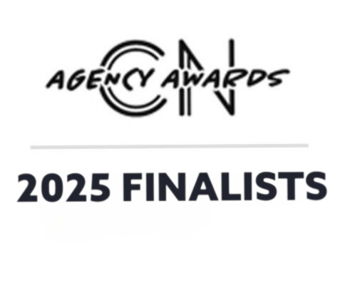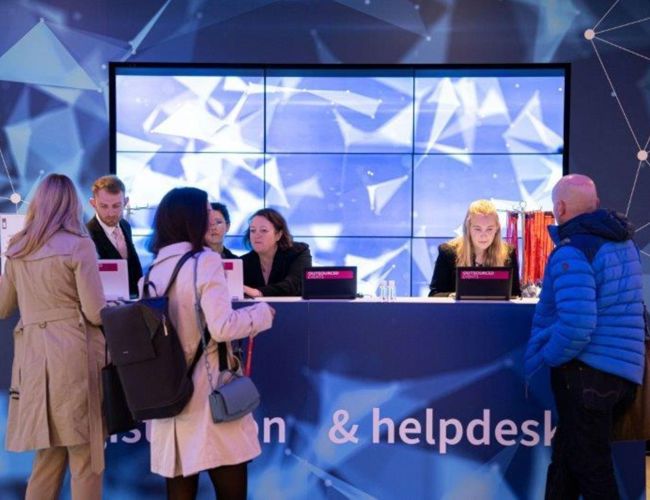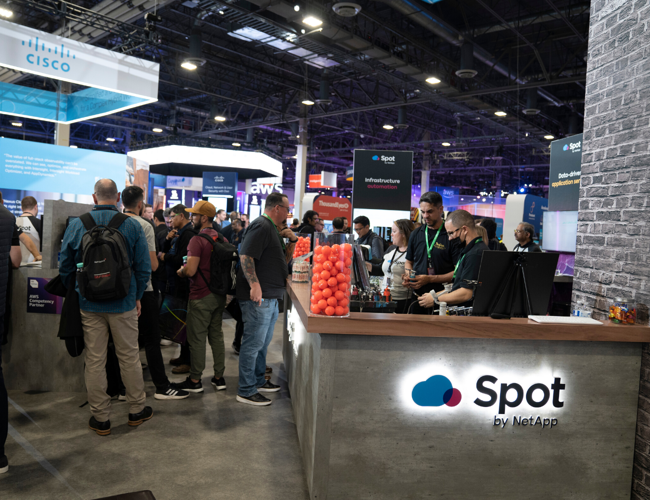Ensuring Accessibility and Inclusivity on Virtual Events

The incredible growth in virtual meetings and events over the last nine months has enabled organisations and companies to maintain and develop contact with new and existing members, clients and colleagues. Whilst this has been an important lifeline and, in many ways, has made global knowledge sharing easier, there remains one area that has been overlooked in the virtual world: accessibility and inclusivity, which are both standard considerations on an event organiser’s checklist for live events.
So what should we be doing to ensure that our virtual events are just as accessible to people with disabilities as our live events?
We have put together a short list of how you can ensure that your event is accessible to your entire audience.
Promotions
- Ensure that the event website, posters, and banners also have the same information in text format. People who use screen readers will not be able to access the information otherwise.
- For social media promotions, ensure that you adhere to the platform’s accessibility guidelines.
Registrations
- Check the accessibility of your whole registration process. Is it possible to complete the whole process using a screen reader? Are decisions based on text-based options (Yes/No) or are they inaccessible as colour-based options (red/green)?
- Make sure proper alternative text (alt text) is available whenever images/buttons are used.
- Include a question asking attendees to let you know about any special accessibility needs they might have.
Technology
- Check the accessibility of the virtual platform. Can people with hearing, motor or vision disabilities use the platform? Is there live captioning available?
- How easily accessible is the virtual platform? For example, Zoom and Webex do not necessarily require an installed software to function. They can be used via the browser, making it easily accessible.
- While not exactly a technology need you can arrange for sign language interpreters, if needed.
Speakers
- Presentations should not be overly dependent on visuals. This allows people with vision impairment or those accessing the event through a mobile device to have a better experience.
- Do not use flashing or strobing animations. If you are including material that already has strobing or flashing, such as a showing of a film, remove the strobing from the original material or skip that section. If you need to include something that has flashing or strobing, then you must ensure you put a very clear warning in place before showing the material.
- Ensure the main copy is at least 18px.
- Use proper colour contrast. Have a foreground to background contrast ratio of at least 7:1.
- Avoid using decorative fonts that are difficult to read.
- Consider presenting the slides with automatic captions.
- Use plain and simple language.
- Consider using alt text – there are online resources available advising on best practice in this field.
- Speakers should always have their cameras on and be visible. This enables people lip reading to follow what is being said.
- If speakers are using a virtual background, ensure there is ample contrast. This makes their face more visible and further helps with lip reading.
During the event
- Ensure the platform’s accessibility features are working.
- Ensure that contributors identify themselves before speaking. This helps people relying on their auditory senses to differentiate between speakers.
- Let the participants know if live captioning is available.
- Ask the speaker/moderator to describe any images used in their session.
- Repeat verbal questions in written format (when possible) and vice versa.
Post event
- For event recordings, ensure that the videos have captioning enabled. Do not always rely on live captioning as it is not reliable.
- Make transcripts of the sessions available.
- Ensure that all event content is available on an accessible platform. If the content is behind a separate paywall or login, then the platform should also be accessible.
Finally, as always you should ask for feedback from your audience - they will almost always provide you with the perfect answer to what could have been improved. To understand how we can support you with your events, please don’t hesitate to get in touch with one of our experts: email us today.
Our Latest Knowledge & Insights

Events Matter: 10 ways they can elevate your marketing strategy in 2025
Events are a vital part of any comprehensive marketing strategy, offering a unique opportunity to connect with your audience in a meaningful way. Take a look at the 10 key reasons you should be including events in your marketing strategy.
Read More
Outsourced Events celebrates double nomination at CN Agency Awards
Outsourced Events (OE) has been shortlisted for not one, but two awards at the Conference News Agency Awards 2025! We are in the running for both the 'Association Event of the Year' and 'Pharma & Healthcare Event of the Year' awards.
Read More
Ryan McPartlin
Ryan re-joined Outsourced Events full-time in January 2024, after initially starting with us in September 2019. He holds a BA in Environment & Business and has a strong passion for sustainability.
Read More





